Crazed stand-up comedian Dane Cook needed only time, patience, and lots of late nights spent e-mailing strangers to cultivate a small but loyal fan base into mainstream success. Frustrated devotees - mostly college kids and comedy clubbers - had been singing his praises for years, to no avail. But this "hottest comic no one has heard of," ended up cold-cocking the comedy world with his rock 'n' roll persona and hilarious observational bits on everyday life and pop cultural touchstones. His stand-up tours sold out within hours - even legendary venues like Carnegie Hall and Madison Square Garden. His second comedy album debuted at No. 4 on the Billboard charts. He became as much a Comedy Central fixture as Dave Chappelle and Jon Stewart. He even landed his ultimate dream gig, hosting "Saturday Night Live" (NBC, 1975- ).
A lot changed overnight for this handsome, magnetic funnyman who more than put in his time, after a 15-year struggle to be heir apparent to the Carlin/Pryor/Martin comedy throne.
Born on March 18, 1972 in Cambridge MA, Cook grew up in the Boston suburb of Arlington, attending Arlington High School. One of seven children, the youngster discovered his comedic skill when his father, George, gave him a tape recorder and microphone. As with most comics, he left his family in hysterics, imitating idols Bill Cosby, George Carlin and Johnny Carson. In seventh grade, after watching Martin Short spaz through his famous "Ed Grimley" skits on "S.N.L.," Cook realized his ultimate goal - to earn a spot on the legendary comic launch pad. Instead of the Second City route so often taken by "S.N.L." cast members, Cook began doing stand-up in local Boston clubs in 1990. His manic energy was too big for Beantown, so he moved first to New York, before settling in LA, performing at the legendary Laugh Factory. He was a minor hit on the Sunset Strip from the start, but he still needed to make a living.
To help pay the bills, the handsome comic landed small roles on TV shows such as "Maybe This Time" (ABC, 1995) and "Suddenly Susan" (NBC, 1996-2000), as well as appearing in such forgettable feature films as "Buddy" (1997), "Mystery Men" (1999) and "Simon Sez" (1999). In 1998, Comedy Central discovered their future goldmine, featuring the rookie on their comedy showcases "Premium Blend" (1997 - ) and the following year on "Comics Come Home" (1999-2005). Cook's partnership with the cable channel hit its first high note when he was given a solo shot to shine on the network's flagship show, "Comedy Central Presents: Dane Cook" (2000). The episode, containing the now classic bits "BK Lounge," "Slip n' Bleed," and "Car Accident," became the highest rated show on the network at that time - so popular, it continued to run years later. This show also introduced America to what would become Cook's signature move - the "Super Finger," or "Su-Fi" for short - a hand gesture created by raising the middle AND ring finger. Cook's new and improved answer to giving someone the finger struck enough of a chord, he not only named his production company after it, he began receiving hundreds of photos from fans - even soldiers in Iraq - giving him their best "Su-Fi."
Two years after his TV special, Cook cranked it up a notch and became famous the grassroots way - albeit 21st century style. He pooled $25,000 of his own money to start his website, Danecook.com - a way to keep fans up on the latest "Dane Train" (as he called his rise to fame) news, as well as maintain personal contact with every single one of them. His fellow comics thought he was crazy when, after a show, they all retired to the nearest bar, while their buddy Cook waited outside the backstage door to shake hands with each fan until the alley was empty. He would then rush home and spend all night answering e-mails from fans around the country who had logged on to his MySpace account and/or gotten ahold of his personal e-mail and AOL instant-message name.
Between all the stand-up, blogging and fan meet-and-greets, Cook found time to appear in two films, "Stuck on You" (2003) and "Torque" (2004). Though neither advanced his comic profile, the paychecks went to good use, figuring prominently in the next step of Cook's master plan. In 2003, he released his first comedy album, Harmful If Swallowed which gained an underground following amongst college kids and alternative music/comedy fans. Again, the king of self-promotion advertised and distributed the album via his website. Its success was in its longevity - eventually being certified gold three years after its release.
Comedy Central Records took notice, signing Cook for his future discs. After his nationwide "Tourgasm" tour ended, his second CD/DVD Retaliation hit big in July 2005, debuting at No. 4 on the Billboard charts - making it the highest-charting comedy album since Steve Martin's Wild and Crazy Guy in 1978. It was eventually certified gold.
Due to this rare chart success, when his next film, "Waiting" premiered only months later, Cook garnered much press for such a minor role in the Ryan Reynolds restaurant comedy. Though the film was far from a critical or box office success, Cook received solid reviews as the obnoxious line cook, Floyd. And then the ultimate dream realized - "S.N.L." came knocking, wanting Cook to host the show. On Dec. 3, 2005, the manic comic performed the longest monologue in the show's history on the highest-rated show of the season.
Apart from his own work on stage and in films, Cook became a favorite guest on the talk show circuit. Due to his manic energy, much was expected from him, a la Jim Carrey - to whom Cook was often compared - and the comic never disappointed. He made his late night debut on "The Late Show with David Letterman" (CBS, 1993-2015) in 1997. Other highlights: Cook's parody of Tom Cruise's couch-jumping exuberance on a 2005 episode of "Jimmy Kimmel Live" (ABC, 2003- ), in which Cook showed off his new Katie Holmes "tattoo" and barged into the women's bathroom to bring "her" onstage. Also memorable: Cook planting a kiss on Charlize Theron's posterior during another 2005 appearance on "The Tonight Show with Jay Leno" (NBC, 1992-2014). A man of many talents, Cook also proved himself a solid writer, director and producer for his work on the short films "8 Guys" (2003) and "Spiral" (1999), for which he won the internet-based Pixie Award for Best Actor.
In early 2006, Cook hit the mainstream in a big way, learning his stand-up special had pushed past hits like "Desperate Housewives" (ABC, 2004 - ) and "Lost" (ABC, 2004 - ) to become the No. 1 video download on Apple's iTunes - outranking even MTV favorites. Hollywood studios could not help but finally take notice of the undeniable "Dane Train." He was cast as leading man to Jessica Simpson in "Employee of the Month" (2006) - a film which tanked, but that provided Cook with an invaluable amount of press coverage, after rumors of a love affair with a still married (to singer Nick Lachey) Simpson began surfacing. On the strength of his bourgeoning popularity, HBO signed the comic to a major deal: to develop a series, headline a feature-length stand-up special, and distribute his comedy tour documentary, "Tourgasm" (2006). In 2007, Cook appeared against type as a photographer in the summer serial killer thriller, "Mr. Brooks," taking a backseat to leading men Kevin Costner and William Hurt - impressive acting company to be in for a stand-up comic still making a place for himself on the big screen. Following that scary turn, Cook returned to lead status by co-starring with the equally attractive Jessica Alba in "Good Luck, Chuck," a romantic comedy in which Cook's character served as the catalyst for women finding their husband after he breaks up with them.







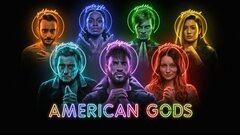








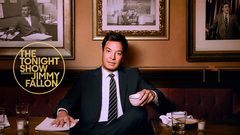










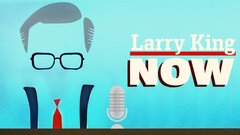
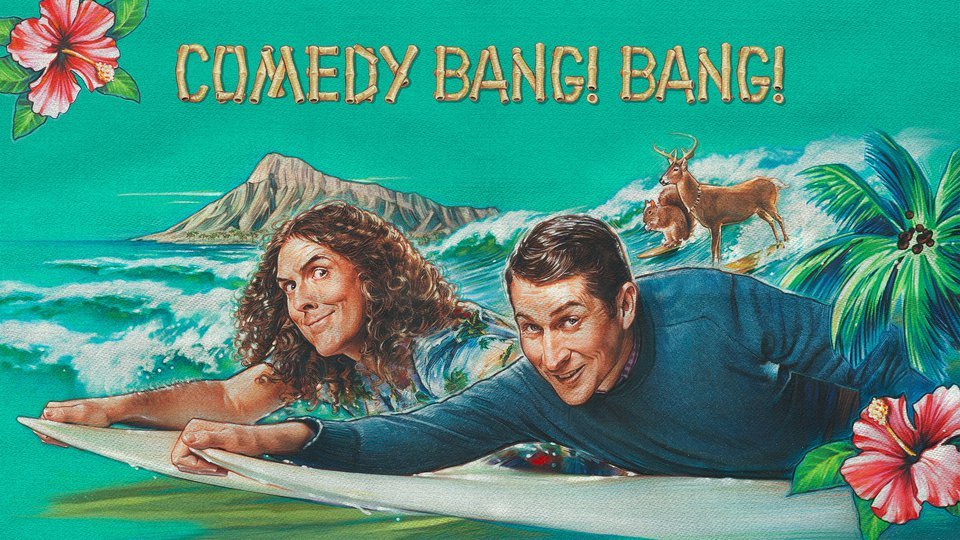

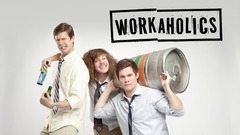





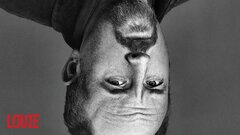


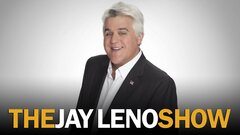
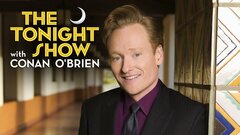

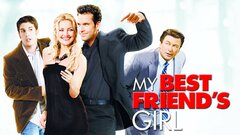



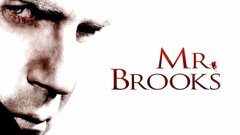
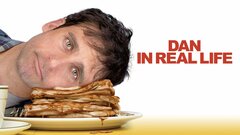
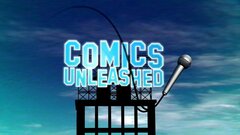










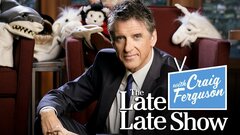

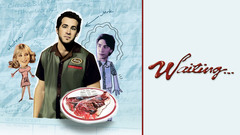

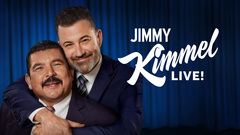

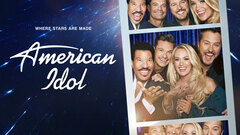
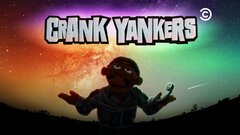


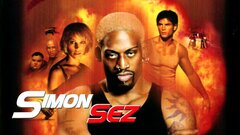


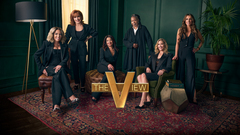

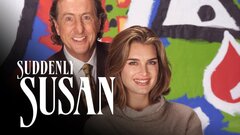





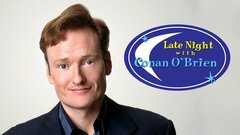
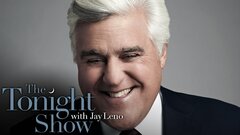
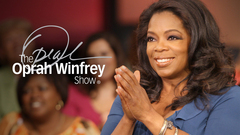





![Dane Cook at the premiere of Dane Cook Above It All at the TCL Chinese Theatre IMAX on October 4, 2022 in Los Angeles, CA (Credit Image: © Nina Prommer/ZUMA Press Wire) (Newscom TagID: zumaglobaltwelve295221.jpg) [Photo via Newscom], October 4, 2022, Los Angeles, California, USA: LOS ANGELES - OCT 4.](https://media.baselineresearch.com/images/2116518/2116518_small.jpg)
![Dane Cook at the premiere of Dane Cook Above It All at the TCL Chinese Theatre IMAX on October 4, 2022 in Los Angeles, CA (Credit Image: © Nina Prommer/ZUMA Press Wire) (Newscom TagID: zumaglobaltwelve295221.jpg) [Photo via Newscom], October 4, 2022, Los Angeles, California, USA: LOS ANGELES - OCT 4.](https://media.baselineresearch.com/images/2116543/2116543_small.jpg)


















































































































































